公司规模
Large Corporate
地区
- Pacific
国家
- United States
产品
- DeltaMeter
- Verdigris
- eQUEST
技术栈
- Cloud Computing
- Machine Learning
- Big Data Analytics
实施规模
- Pilot projects
影响指标
- Cost Savings
- Customer Satisfaction
- Productivity Improvements
技术
- 分析与建模 - 大数据分析
- 分析与建模 - 机器学习
- 功能应用 - 远程监控系统
适用行业
- 建筑物
- 公用事业
适用功能
- 设施管理
- 维护
用例
- 建筑能源管理
- 能源管理系统
- 预测性维护
服务
- 系统集成
- 软件设计与工程服务
关于客户
The case study focuses on building owners in the Pacific Northwest who are increasingly prioritizing energy efficiency due to rising energy costs and a competitive rental market. These building owners face challenges in tracking the return on investment (ROI) from energy efficiency upgrades due to the dynamic nature of buildings. Factors such as shifting weather patterns, changes in occupancy, and varying equipment lifespans complicate the isolation of savings from energy efficiency investments. Traditional methods of verifying savings, such as hiring energy engineers to create predictive thermodynamic energy models, are often complicated and expensive. The case study discusses two low-cost methods available to building owners to improve the tracking of ROI from energy efficiency efforts.
挑战
Building owners and property managers face significant challenges in verifying the return on investment (ROI) from energy efficiency measures due to the dynamic nature of buildings. Factors such as shifting weather patterns, changes in occupancy, and varying equipment lifespans complicate the isolation of savings from energy efficiency investments. Traditional methods of verifying savings, such as hiring energy engineers to create predictive thermodynamic energy models, are often complicated and expensive. These methods involve intensive data collection and calibration processes, which can cost between $0.10 to $0.50 per square foot, making them cost-prohibitive for many building owners. Additionally, traditional methods have limited capability for tracking ongoing performance, which is crucial for identifying failures or below-average performance of energy efficiency measures.
解决方案
The case study explores two low-cost automated measurement and verification (M&V) technologies: DeltaMeter and Verdigris. DeltaMeter, developed by EnergyRM, is a software platform that uses patented algorithms and monthly energy bills to create a thermodynamic model at the end-use level. This model estimates the baseline energy use and tracks the actual building performance to reveal the savings achieved. DeltaMeter does not require physical deployment at the building site and offers diagnostic analysis, savings potential recommendations, and ongoing M&V crosschecks. Verdigris, developed by a Northern California-based company, uses advanced analytics and in-house M&V technology to analyze high-resolution electricity consumption data from building circuits. Verdigris employs custom machine learning algorithms to predict a baseline and disaggregate energy by end use. The platform provides real-time data streams, energy efficiency recommendations, peak demand analysis, and equipment-level monitoring. Both technologies were deployed in a pilot project at eight high-profile commercial buildings in Seattle, commissioned by the Smart Buildings Center (SBC) in partnership with the Northwest Energy Efficiency Alliance (NEEA). The pilot aimed to evaluate the accuracy, ease of installation, scalability, and training time for operations staff.
运营影响
数量效益

Case Study missing?
Start adding your own!
Register with your work email and create a new case study profile for your business.
相关案例.

Case Study
IoT Solutions for Smart City | Internet of Things Case Study
There were several challenges faced: It is challenging to build an appliance that can withstand a wide range of voltage fluctuations from as low at 90v to as high as 320v. Since the device would be installed in remote locations, its resilience was of paramount importance. The device would have to deal with poor network coverage and have the ability to store and re-transmit data if networks were not available, which is often the case in rural India. The device could store up to 30 days of data.
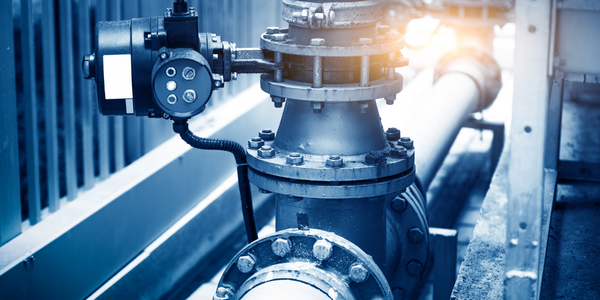
Case Study
Automation of the Oguz-Gabala-Baku water pipeline, Azerbaijan
The Oguz-Gabala-Baku water pipeline project dates back to plans from the 1970’s. Baku’s growth was historically driven by the booming oil industry and required the import of drinking water from outside of the city. Before the construction of the pipeline, some 60 percent of the city’s households received water for only a few hours daily. After completion of the project, 75 percent of the two million Baku residents are now served around the clock with potable water, based on World Health Organization (WHO) standards. The 262-kilometer pipeline requires no pumping station, but uses the altitude differences between the Caucasian mountains and the capital to supply 432,000 m³/d to the Ceyranbatan water reservoir. To the people of Baku, the pipeline is “the most important project not only in 2010, but of the last 20 years.”
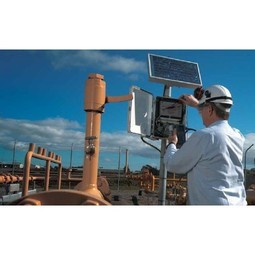
Case Study
GPRS Mobile Network for Smart Metering
Around the world, the electricity supply industry is turning to ‘smart’ meters to lower costs, reduce emissions and improve the management of customer supplies. Smart meters collect detailed consumption information and using this feedback consumers can better understand their energy usage which in turn enables them to modify their consumption to save money and help to cut carbon emissions. A smart meter can be defined in many ways, but generally includes an element of two-way communication between the household meter and the utility provider to efficiently collect detailed energy usage data. Some implementations include consumer feedback beyond the energy bill to include online web data, SMS text messages or an information display in consumers’ premises. Providing a cost-effective, reliable communications mechanism is one of the most challenging aspects of a smart meter implementation. In New Zealand, the utilities have embraced smart metering and designed cost effective ways for it to be implemented. The New Zealand government has encouraged such a move to smart metering by ensuring the energy legislation is consistent with the delivery of benefits to the consumer while allowing innovation in this area. On the ground, AMS is a leader in the deployment of smart metering and associated services. Several of New Zealand’s energy retailers were looking for smart metering services for their residential and small business customers which will eventually account for over 500,000 meters when the multi-year national deployment program is concluded. To respond to these requirements, AMS needed to put together a solution that included data communications between each meter and the central data collection point and the solution proposed by Vodafone satisfied that requirement.
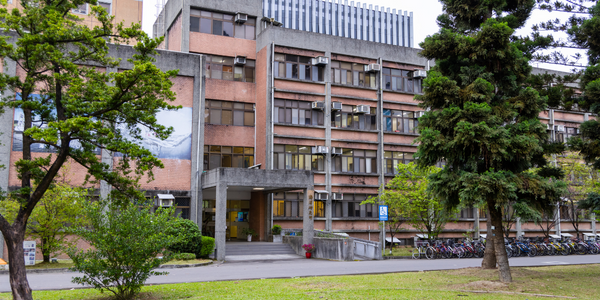
Case Study
Energy Saving & Power Monitoring System
Recently a university in Taiwan was experiencing dramatic power usage increases due to its growing number of campus buildings and students. Aiming to analyze their power consumption and increase their power efficiency across 52 buildings, the university wanted to build a power management system utilizing web-based hardware and software. With these goals in mind, they contacted Advantech to help them develop their system and provide them with the means to save energy in the years to come.
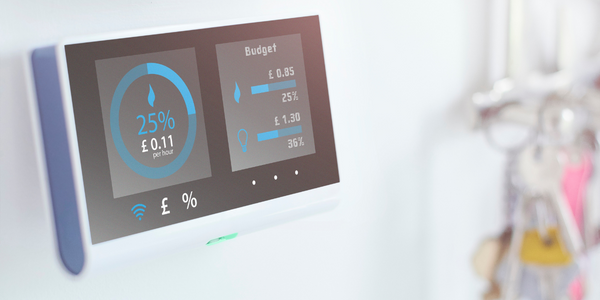
Case Study
NB-IoT connected smart meters to improve gas metering in Shenzhen
Shenzhen Gas has a large fleet of existing gas meters, which are installed in a variety of hard to reach locations, such as indoors and underground, meaning that existing communications networks have struggled to maintain connectivity with all meters. The meter success rate is low, data transmissions are so far unstable and power consumption is too high. Against this background, Shenzhen Gas, China Telecom, Huawei, and Goldcard have jointly trialed NB-IoT gas meters to try and solve some of the challenges that the industry faces with today’s smart gas meters.
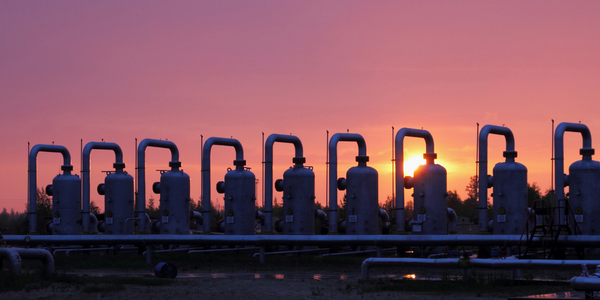
Case Study
British Gas Modernizes its Operations with Innovative Smart Metering Deployment
The UK government has mandated that smart meters are rolled out as standard across Great Britain by end of 2020, and this roll-out is estimated to create £14 billion in net benefits to the UK in consumer energy savings and lower energy generation demand, according to the Oxford Economics report, “The Value of Smart Metering to Great Britain.” While smart-metering systems have been deployed in many countries, the roll-out in Great Britain is unique because it is led by energy retailers, who have responsibility for the Electricity and Gas meters. The decision to have a retailer-led roll out was made by DECC (Department of Energy and Climate Change) to improve customer experience and drive consumer benefits. It has also led to some unique system-level requirements to support the unique local regulatory model.







